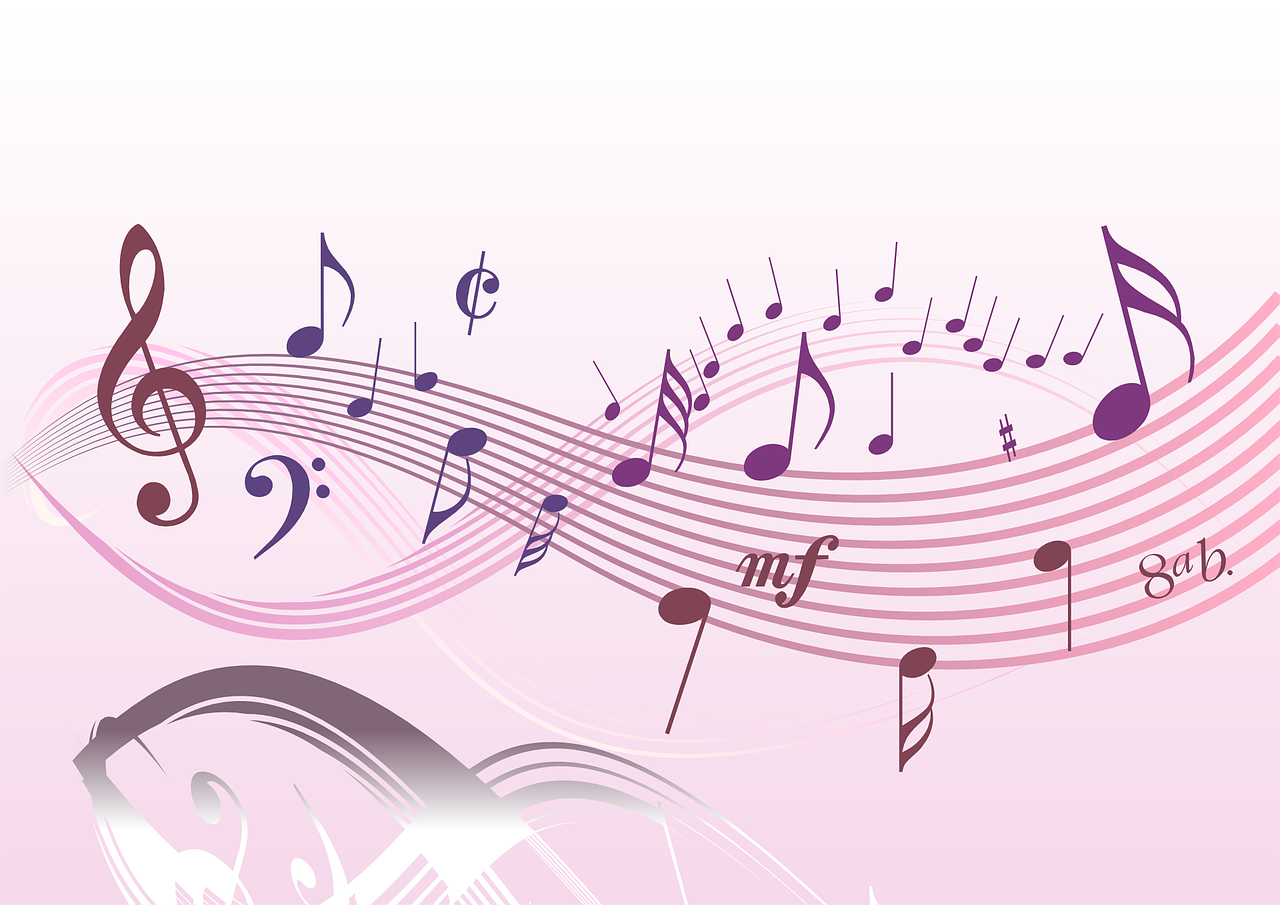
Music has the power to bring people together in ways that nothing else can. It transcends cultures, ages, and backgrounds, allowing us to connect on a deeper level. From communities sharing traditional folk songs to large-scale music festivals uniting fans of all stripes, music serves as a universal language for forging connections between individuals. This article will explore how she is capable of creating powerful bonds between people and how these connections can be used to create meaningful social change.
Music festivals are the perfect example of how music can bring people together. From massive EDM events like Tomorrowland and Ultra Music Festival to more niche gatherings like folk or jazz-focused fests, these events offer a safe space where individuals from all walks of life can come together and share in a common love.
Music has the power to create a sense of belonging and mutual understanding between people. Studies have shown that people who share musical interests or experiences are more likely to develop closer relationships than those who do not. At a local level, she can bring together communities in meaningful ways. People often gather around a campfire or in small groups for impromptu jam sessions, exchanging stories and ideas.
The power of music to bring people together goes beyond just fostering connections between individuals — it can also be used to inspire social change. She has been used throughout history to mobilize people in support of a common cause, from the civil rights movement in the United States to more recent protests around the world. She can often be an effective tool for influencing attitudes and opinions, as it has the power to evoke strong emotions in listeners that can lead to meaningful action.
The creative power
Music is a powerful creative force, capable of eliciting emotions and sparking imaginations. Music can be used to tell stories, evoke memories, and even inspire social change. Through its various forms – from classical symphonies to pop anthems – it has the power to unite people from all walks of life, even if they don’t share a common language.
The idea of humanity and humanity in Symphony No. 9 by L. Beethoven.
Ludwig van Beethoven’s Symphony No. 9 is a beloved classical piece of music that has been performed and enjoyed by audiences for centuries. The symphony’s fourth movement, Ode to Joy, has become a global anthem of human unity and hope. In this piece, Beethoven conveys the idea that humanity can be united through joyous celebration and shared experiences.
The powerful melody of the Ode to Joy is a reminder of our shared humanity, as it speaks to all people regardless of race, religion, or any other differences. It is a call to joy and unity, reminding us that we are all connected by music. The symphony is a testament to the power of music to bring people together in celebration.
Music can also bridge generational and cultural gaps, allowing people to learn about each other’s musical traditions. Listening to one another’s music can lead to conversations about shared values and experiences. It can even be a way for people to connect with their past and explore the roots of their culture.
What is nature music?
Nature music is a type of music composed from sounds found in the natural environment. It typically includes the sounds of birds, animals, wind, rain, thunderstorms, and other ambient noises. Nature music can also include human-made soundscapes such as cars driving by or construction work in the background. The purpose of nature music is to create a sense of calm and relaxation by connecting listeners to the natural world. This type of music is often used in meditation and yoga practice, as well as to provide a soothing backdrop for sleep and relaxation.
Music can also provide an emotional outlet for those who may be struggling with difficult emotions. Expressing one’s feelings through music can be a cathartic experience and help to cope with overwhelming emotions. Music has the ability to bring people together in a space of understanding and compassion, regardless of age, gender, race, or culture. It can create a sense of community that transcends boundaries and allows people to connect on a deeper level.
Over 7 billion people live on Earth. Music is something that every person listens to, regardless of their differences. Music can be found in everything. Scientists have found that music preferences are universal for each type of character, no matter where a person lives.
The study was conducted by David Greenberg, a specialist from Cambridge University, through a survey of large proportions. Over 350,000 individuals from fifty countries participated in the event. The volunteers provided information on their music preferences and where they live. The scientists analyzed the data obtained from respondents to determine their character type.
Studies have shown that extroverts tend to prefer modern music for positive emotions and communication, regardless of their location. Conscientious individuals who value order and obedience in their lives often lean towards rock or other intense genres with aggressive and rebellious themes.
Greenberg asserts that drawing conclusions about the role of music in facilitating communication about personal experiences and thoughts is crucial. Additionally, music serves as a bridge between individuals from diverse races, nations, and cultures, which may aid in resolving global conflicts.
